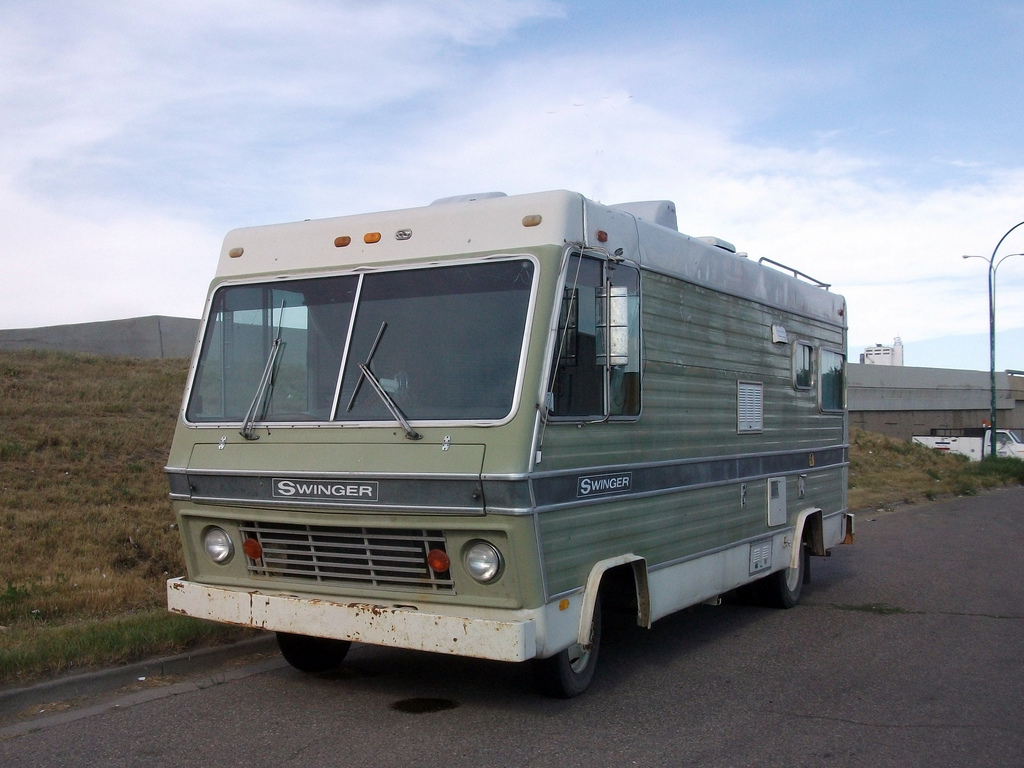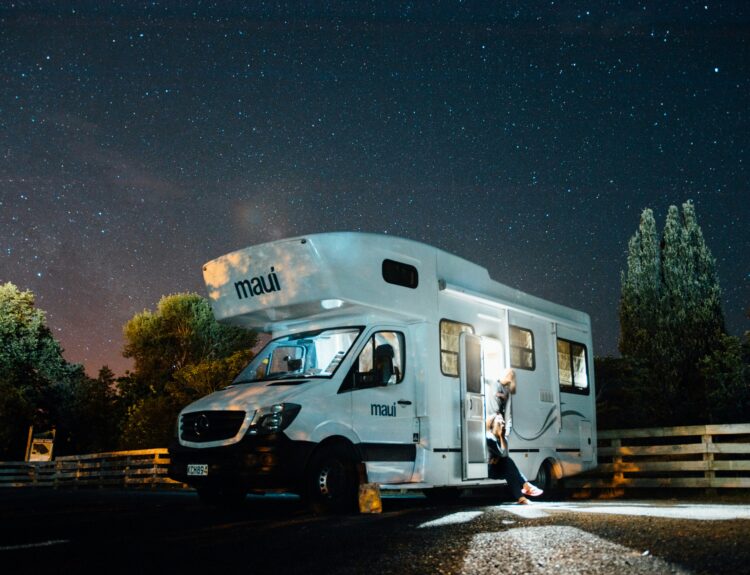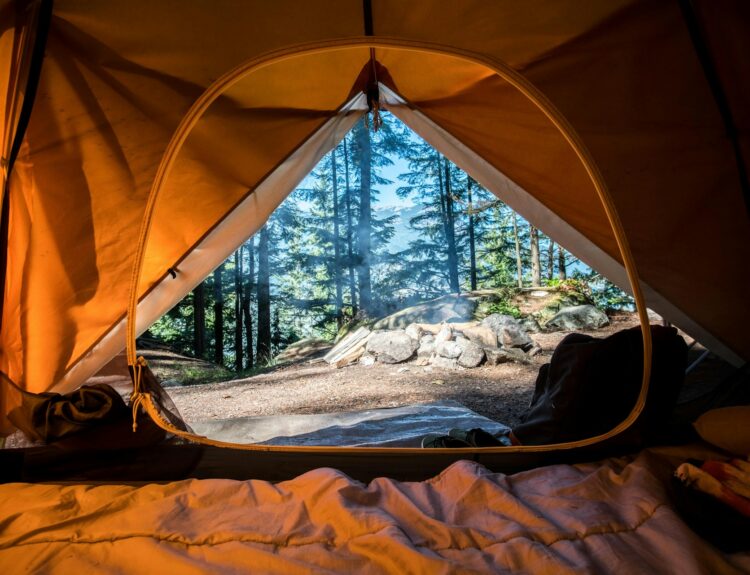RVs are fun, no doubt about it. But if things go wrong, that fun can be very short-lived and very expensive. Industry stats say that 3 out of every 10 RVs will need some type of major repair, including RV breakdowns, by only their second year, and nearly every RV will experience some form of issue by their 8th year.
We’ve compiled a list of the most common RV mishaps and misfortunes, and the best ways to avoid and/or repair them.
Engine Troubles
Engine concerns are the most common RV repair calls. However, most inoperable engines aren’t due to some catastrophic failure. It’s the minor issues that often lead to major ones.
An incompatible coolant, a filter that needs to be changed, and improper fuel are the roots of most chassis problems. Be sure to know your vehicle, and give it what it needs.
Dead Batteries
Batteries need to be well-maintained, even new ones. If you’re parked in storage or at an RV park, you’ve got to charge the engine battery every 7-10 days (running the engine for an hour should do the trick).
The house battery should charge automatically when the RV is plugged into shore power, so if you’re having power problems at a campground, question the reliability of the shore power connection.
Overloading the Electrical AC 110-Volt
RVs are made to operate harmoniously with the appliances they house. You should be careful about adding items that draw a lot of amp like hair dryers, blenders and coffee makers. The roof air conditioner probably is the largest power consumer, so before cranking the AC, turn off other appliances, or risk tripping a circuit breaker.
Book a FREE, personalized demo
Tire Blowouts
It’s understandable that tires would give out after all the wear and tear from the road, especially if they haven’t been properly cared for. To repair or replace blown tires, it can cost you anywhere from $1,000 to $25,000, and unfortunately, RV insurance usually only covers the resulting damage, not the cost of tires.
To prevent a tire blowout, give your tires some extra TLC—after all, they are the only parts of your vehicle that actually hit the road. Inspect your tires every time you get gas and before any long trip. Look for even wear, proper tire pressure, and any punctures that may be the catalyst for a blowout.
Exterior Damage
Tree branches, bridges, signage, and any number of protruding objects can cause damage to the roof and exterior of your RV. The best way to avoid exterior damage is to be conscious of your size and slow down when you come upon any possibly damaging obstacles.
Your RV roof is constantly taking wear from the hot sun, low hanging branches, and even the odd hailstorm, so it’s important to clean and maintain it regularly to avoid preventable water leaks. Remember that RV insurance nearly never covers damage due to owner neglect, so be a proactive owner.
Cure-All Fix
The best way to avoid and prevent RV issues is to know your vehicle inside and out. You should make inspections regularly, be aware of your surroundings, and pay attention to warning signs. Follow these guidelines, and you’ll be a happy camper!







